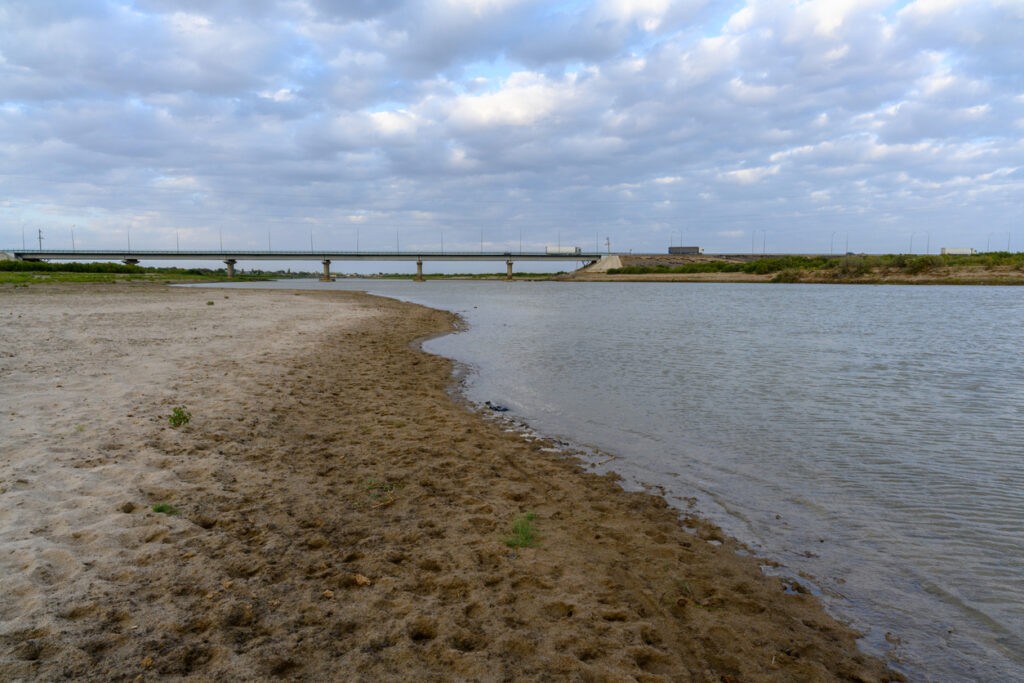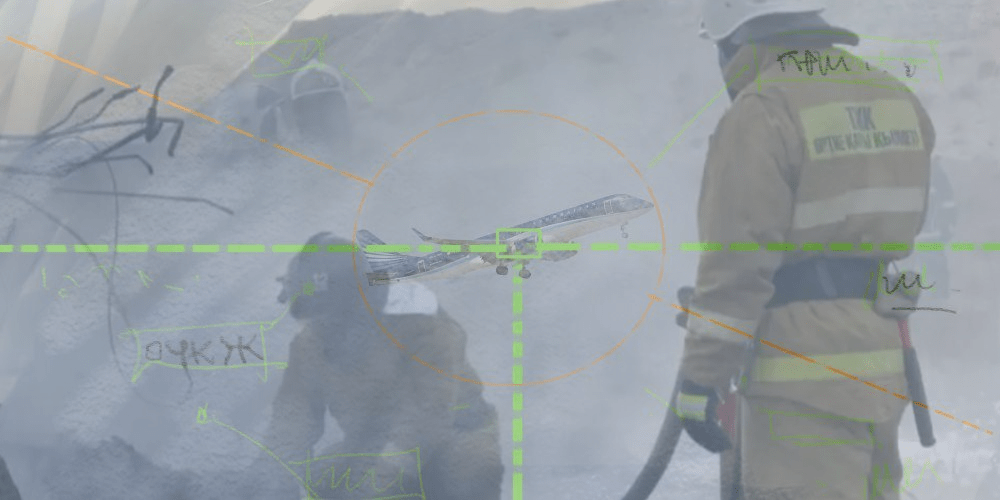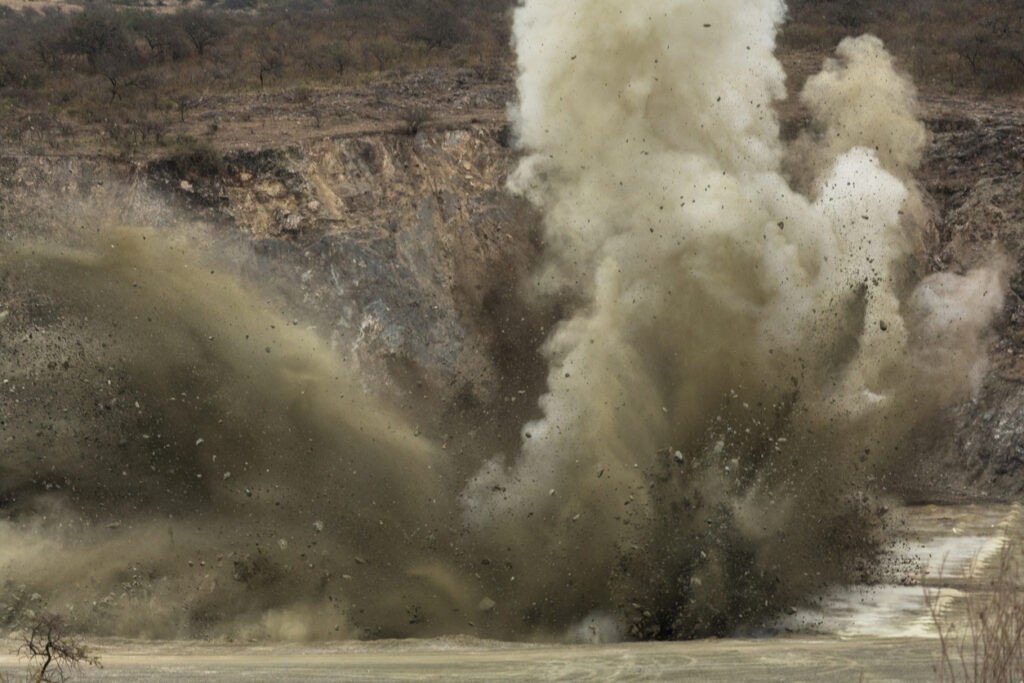Azerbaijani President Ilham Aliyev has intensified his criticism of Russia, accusing it of a “cover-up” over the Azerbaijan Airlines plane which crashed near the Kazakh city of Aktau on December 25. During a televised address, Aliyev expressed Azerbaijan’s “surprise, regret, and righteous indignation” over what he described as “absurd” explanations for the crash. Departing from protocol, Aliyev delivered his address in Russian, a poignant choice that heightened the gravity of his message. “I can confidently say that the guilt for the deaths of Azerbaijani citizens in this accident lies with the representatives of the Russian Federation,” Aliyev stated. “We demand justice, we demand punishment of the guilty, we demand complete transparency and humane treatment… If the city of Grozny had taken timely measures to close Russian airspace over its territory, if all the rules of ground services had been observed, and if there had been coordination between the armed forces and civil services of the Russian Federation, then this tragedy would not have happened.” On Monday, Aliyev met with the two surviving flight attendants and the families of other crew members who perished, describing them as “heroes”. The Flight Recorders In a related development, Brazil has concluded its analysis of the black boxes from Azerbaijan Airlines Flight 8243. The Aeronautical Accidents Investigation and Prevention Center (CENIPA) confirmed that the findings were handed over to Kazakhstan’s Aviation Accident Investigation Department in line with international protocols for aircraft accident investigations. These results will contribute to the final report on the incident. As previously reported by The Times of Central Asia (TCA), the incident led the Commission on Aviation Incident Investigation, headed by Kazakhstan’s Minister of Transport, Marat Karabayev, to decide to send the flight recorders to Brazil’s CENIPA. The investigation was conducted by three Brazilian specialists in collaboration with Azerbaijani and Russian experts. Chronology of the Crash The incident occurred on December 25, when an Embraer 190 aircraft operated by Azerbaijan Airlines crashed near Aktau on Kazakhstan’s Caspian Sea coast. The plane was flying between Baku, Azerbaijan, and Grozny, Russia. Of the 67 people on board, 38 were killed, and 29 were injured. The passengers included 37 Azerbaijani citizens, 6 Kazakhs, 3 Kyrgyz, and 16 Russians. On December 26, video footage showing small holes in the fuselage wreckage sparked speculation about possible external damage. Aviation and military analysts suggested the holes might have been caused by air defense systems, given reports from the Chechen authorities about the shooting down of Ukrainian drones in the area. This raised concerns about the potential for misidentification. [caption id="attachment_27352" align="aligncenter" width="1280"] Chechen Pantsir Missile Launcher; image: Vitaly V. Kuzmin[/caption] When asked about the possibility of external fire, Kazakh Minister Marat Bozumbayev emphasized that conclusions would only be drawn after all available evidence had been examined. International Collaboration The Azerbaijani government rejected the idea of a Russian-led investigation, opting instead for an international team of experts, including representatives from Embraer. The black boxes were sent to CENIPA on December 29. The crash also prompted a temporary suspension...
1 week ago






